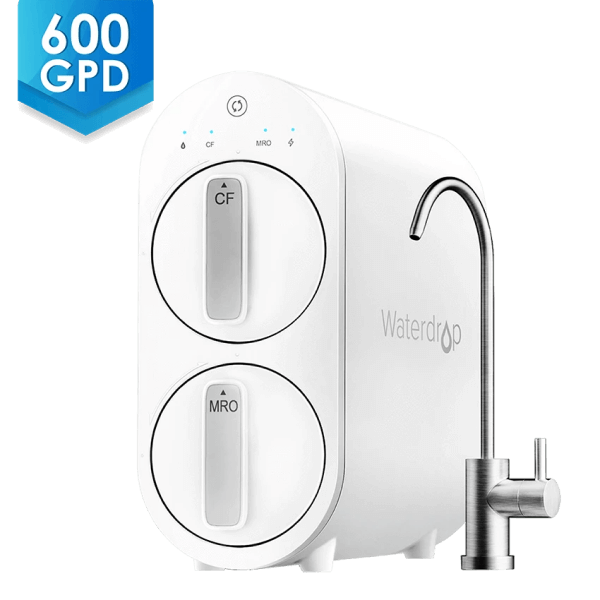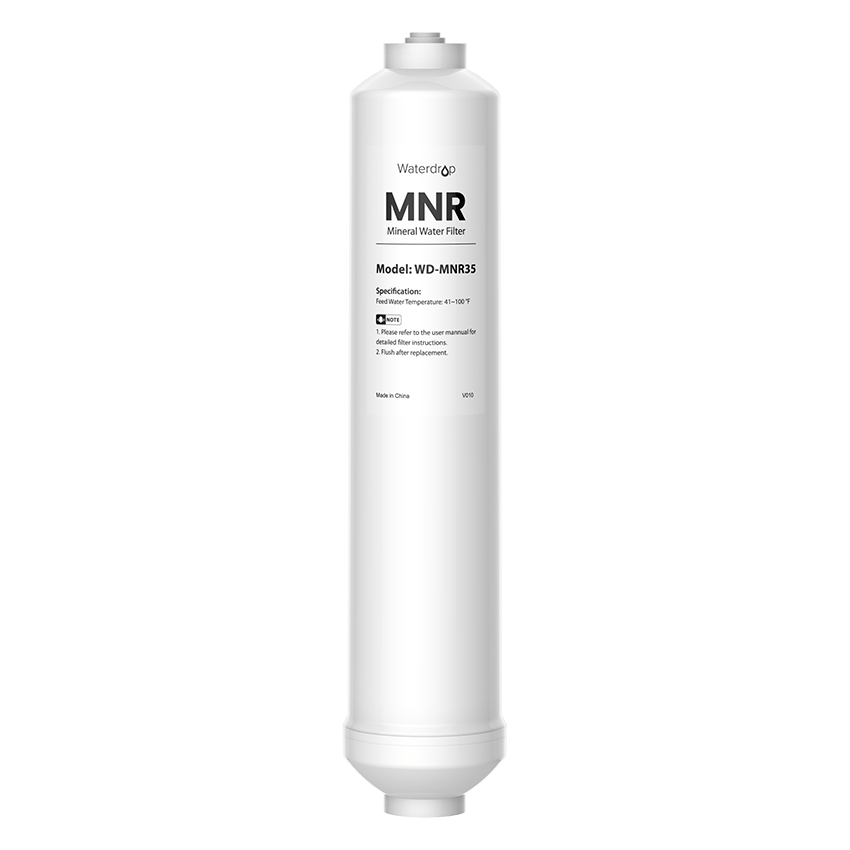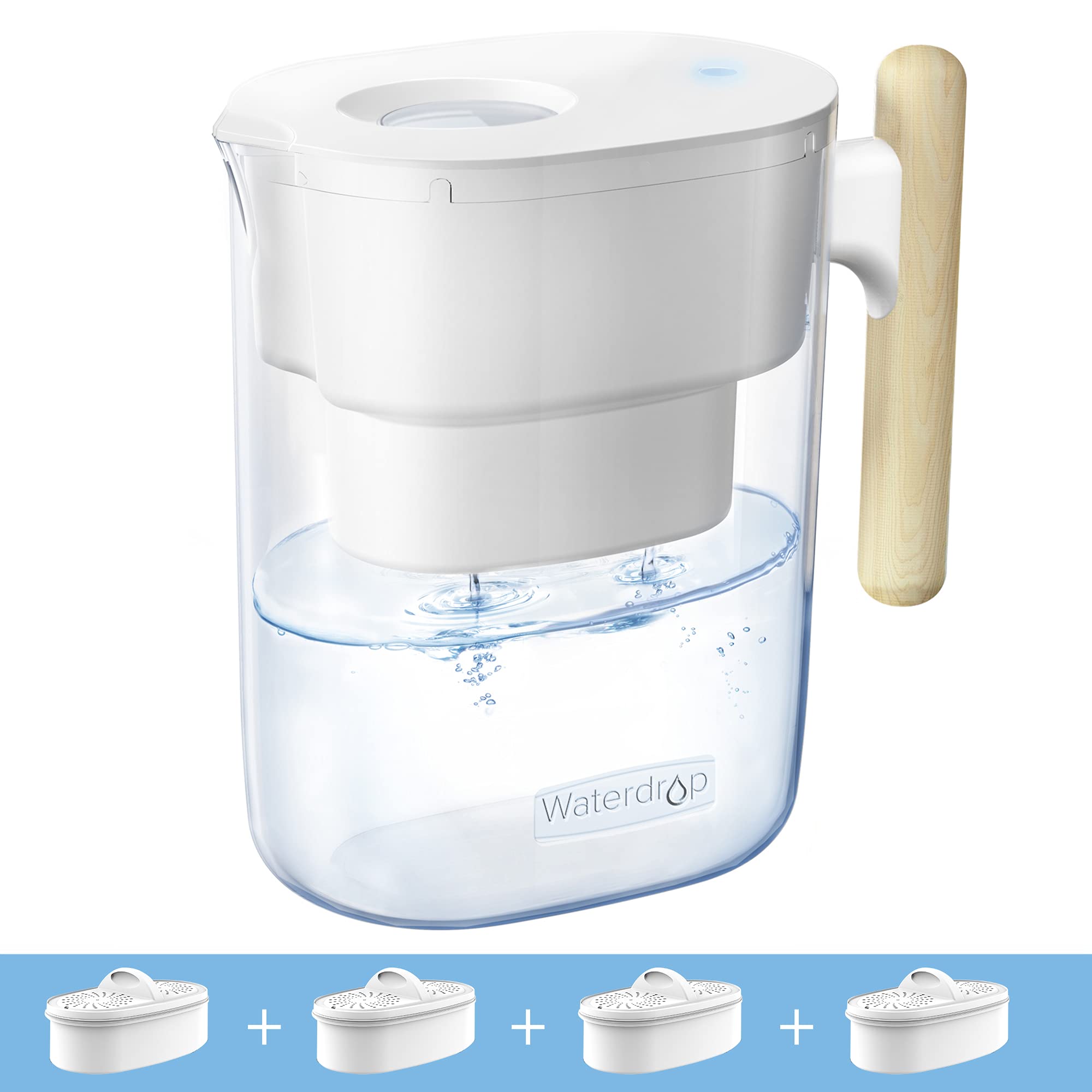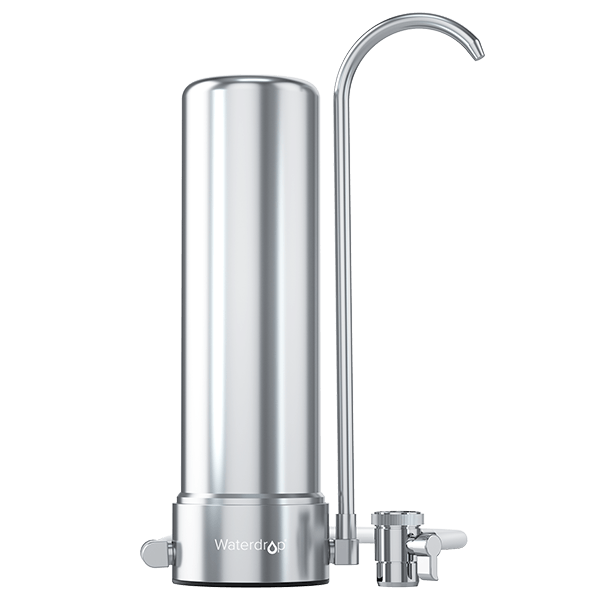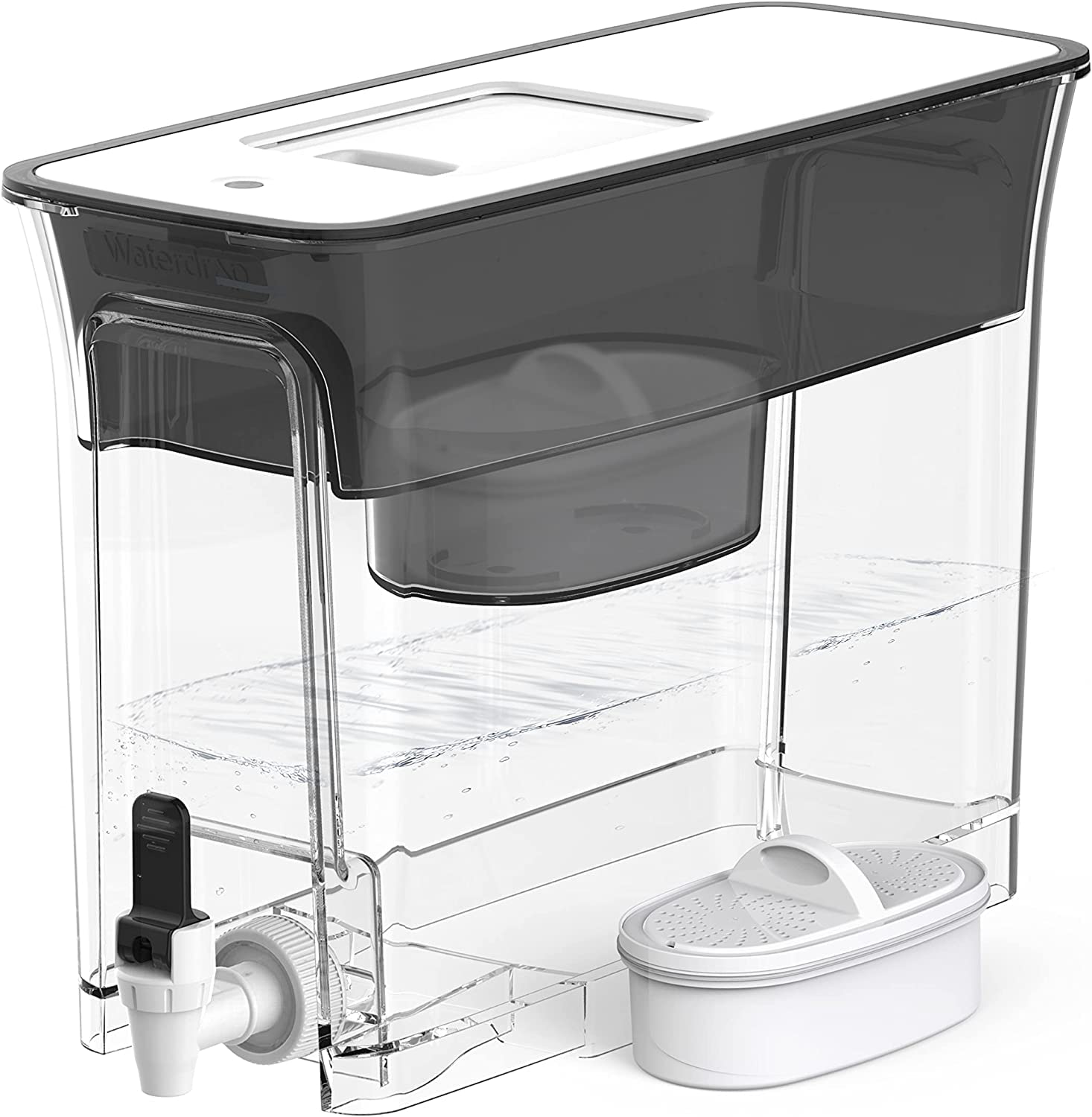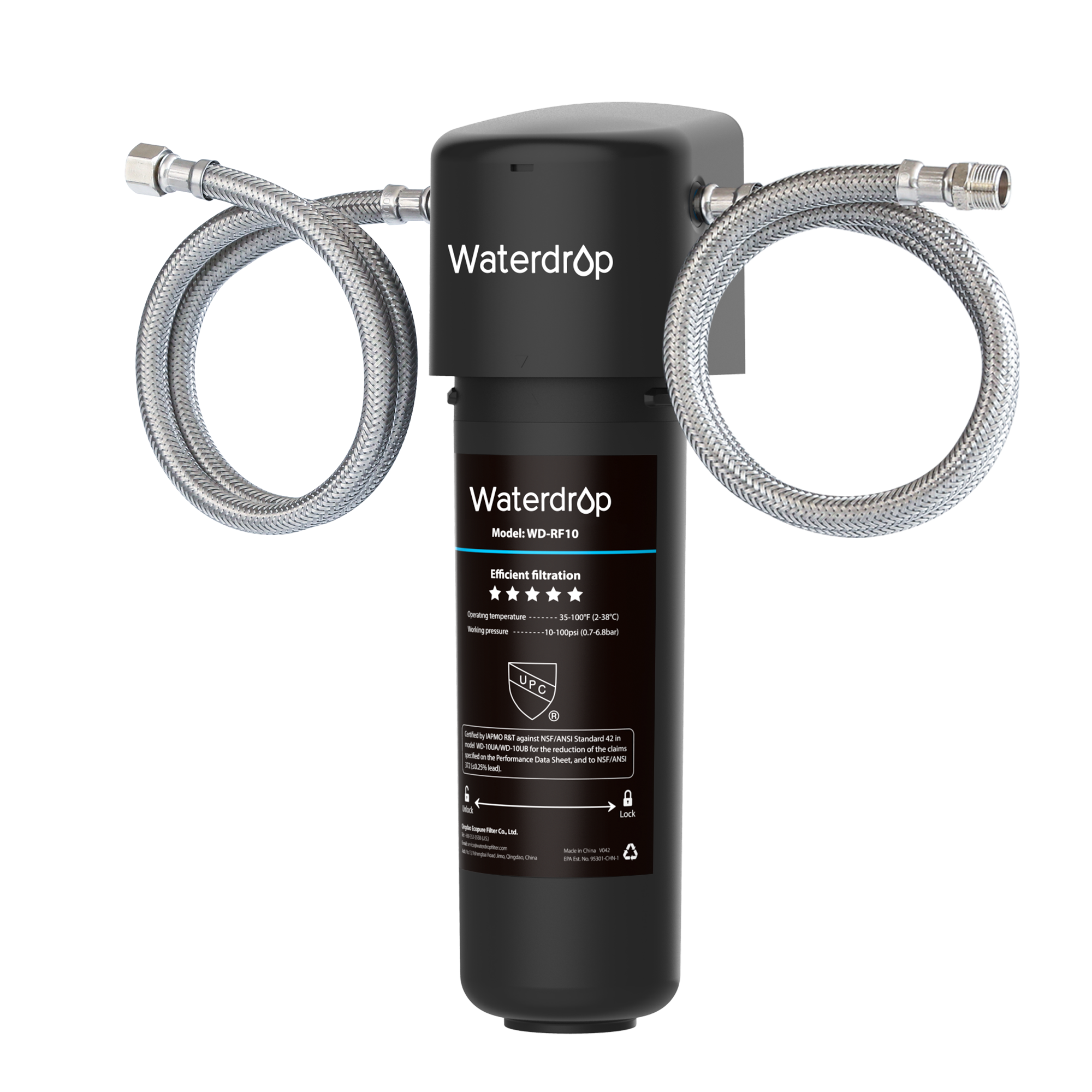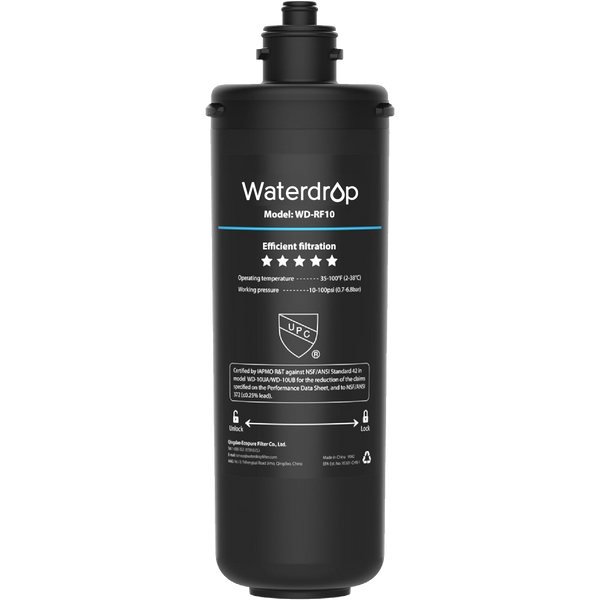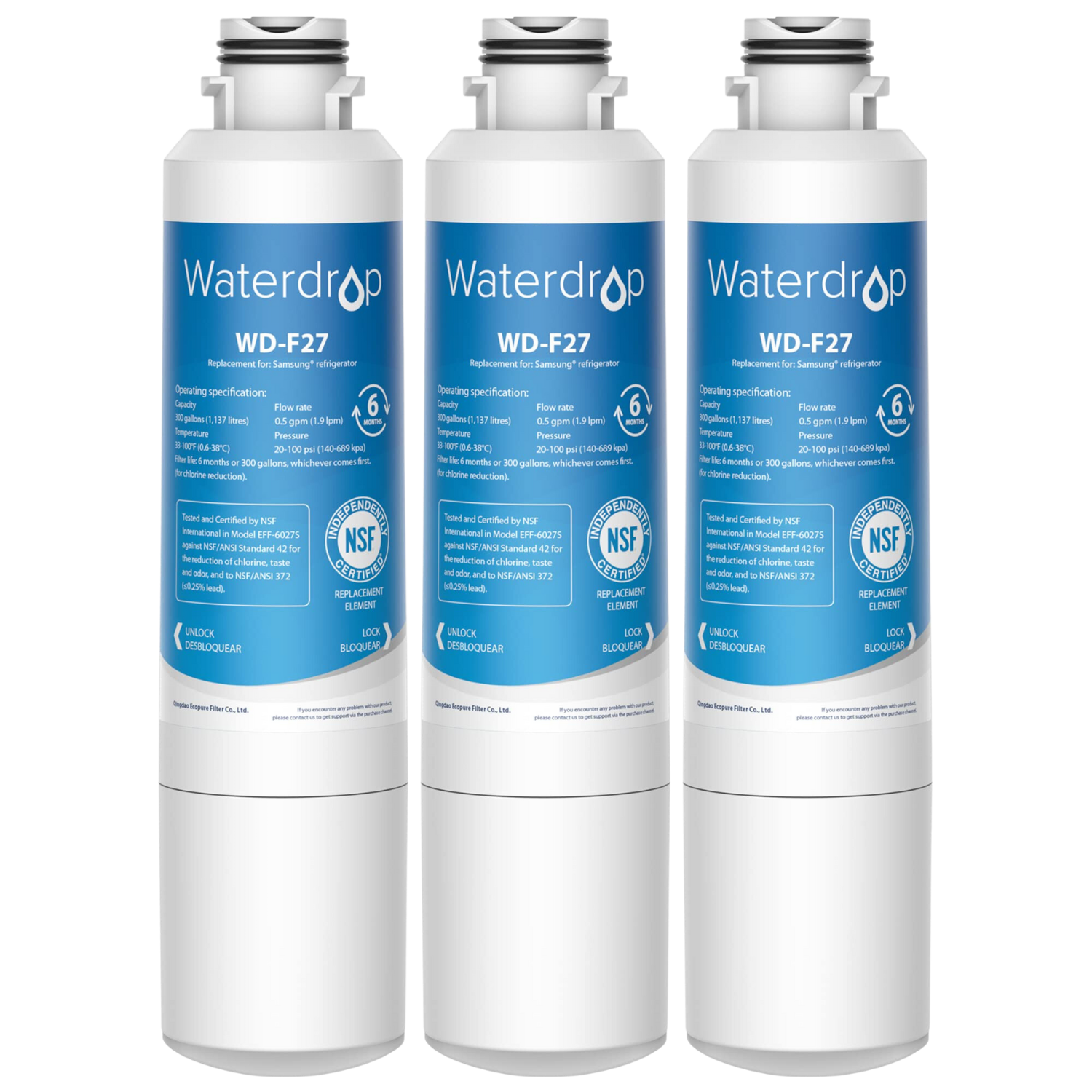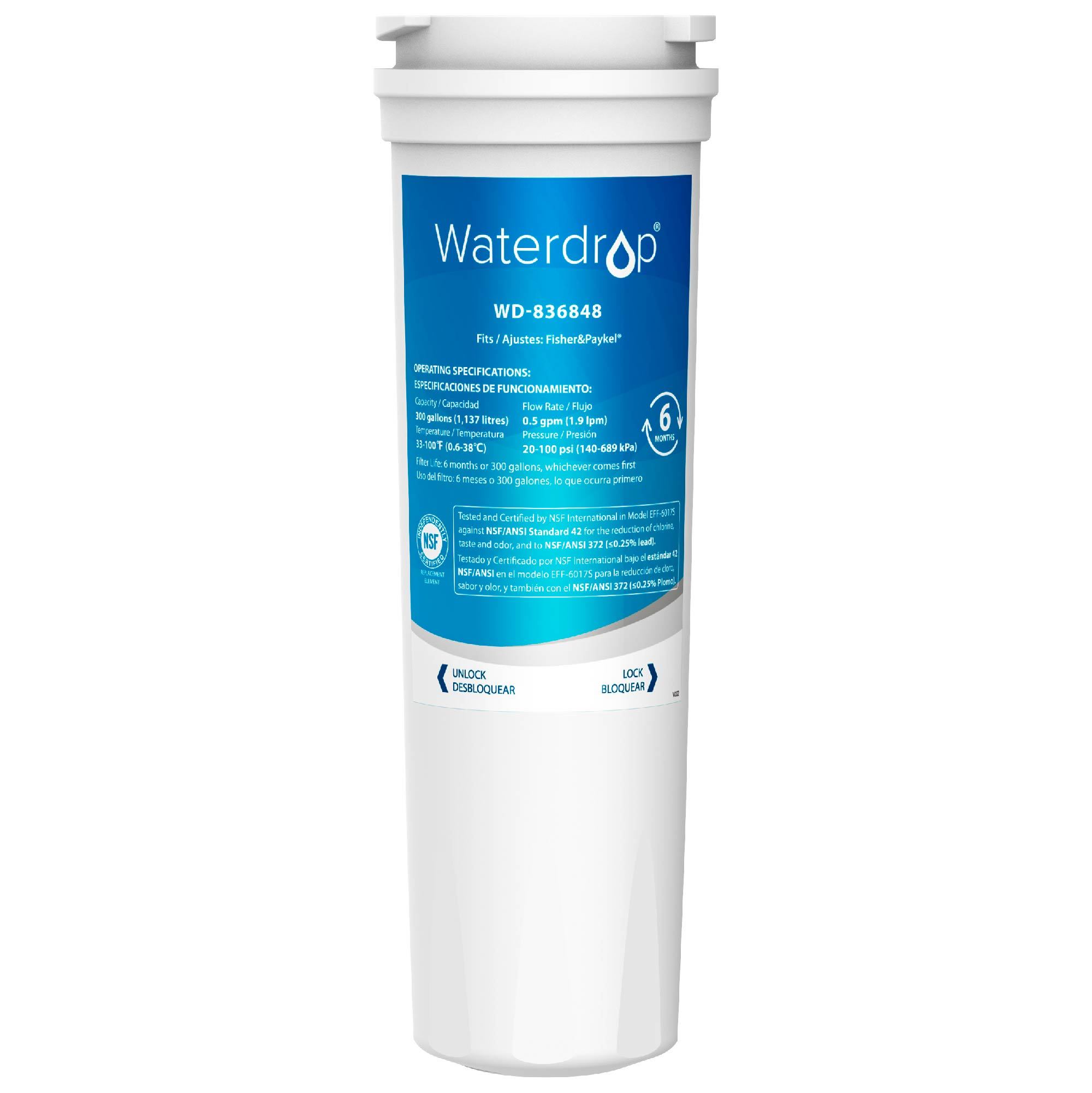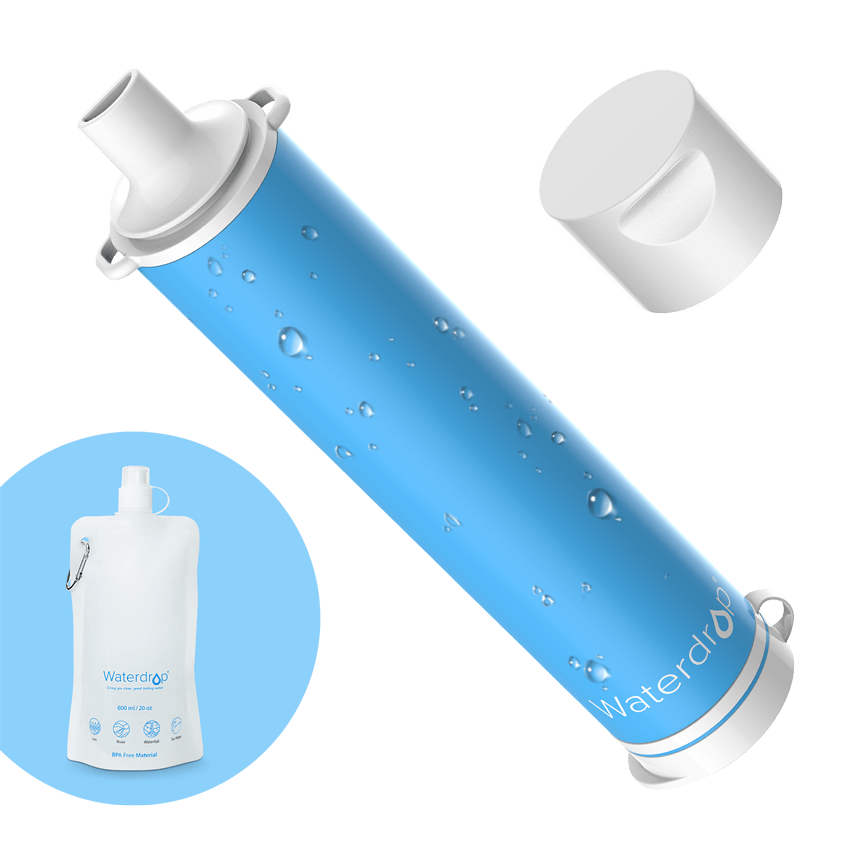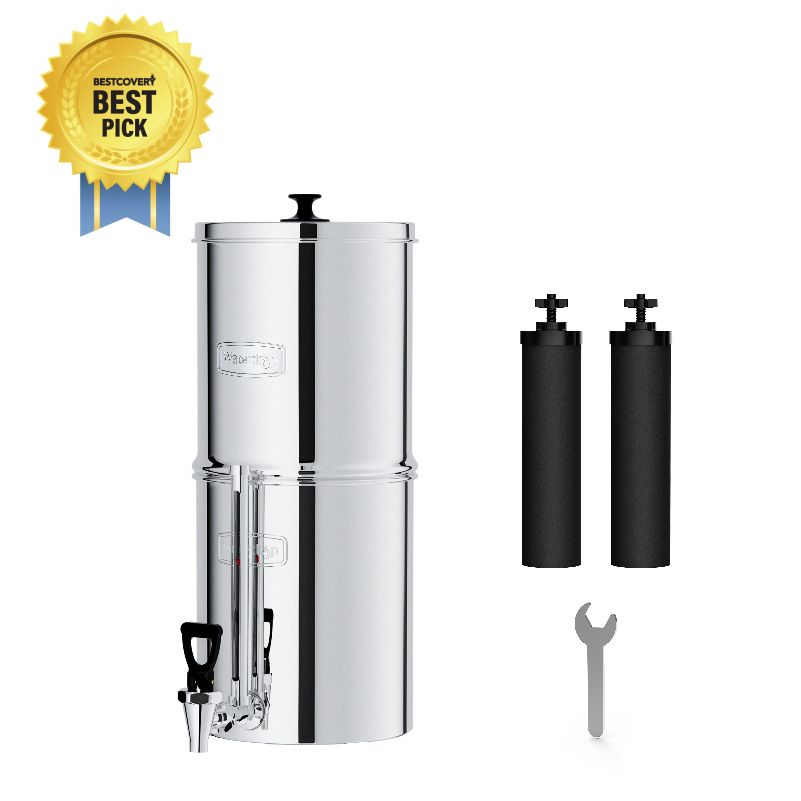PFAS Exposure: Shield Your Family from Perpetually Harmful Substances
by Dr. Jonathan Doyle - Updated October 28, 2024
Nationwide reports of PFAS contamination of water sources have been ongoing. These substances, also known as “forever chemicals,” are present in many
commonplace products, including waterproof jackets, food packaging, and nonstick cookware. Additionally, according to the Center for Disease Control and
Protection (CDC),
97% of Americans
have some of these chemicals in their bodies.
The Environmental Protection Agency (EPA) of the United States formally approved a rule on
September 28, 2023, with the goal of addressing pollution from per- and polyfluoroalkyl substances (PFAS). As a major step in the EPA’s PFAS Strategic
Roadmap, this rule produces the largest dataset ever assembled on PFAS compounds produced and used in the United States. This action will protect public
health and advance environmental justice.
PFAS: What Are They?
Per- and Polyfluoroalkyl substances, or PFAS ,
are a class of synthetic chemicals widely used in the manufacturing of various consumer and industrial goods. Manufacturers have been using these chemicals’
resistance to grease and water since the 1940s to create a variety of products, including food packaging, waterproof clothes, stain-resistant fabrics,
firefighting foams, and non-stick cookware.

Another reason PFAS are well-liked is that they persist in the environment for a long time. They are referred to as “forever chemicals” because natural
processes cannot break them down. Because of their long life, they can also withstand years in soil, water, and even the bodies of people and other animals.
There is a chance that the growing use and persistence of PFAS will have a negative impact on both the environment and human health.
There were proven examples of the serious PFAS contamination at
2,858 locations throughout all fifty states and two
territories in the United States as of June 2022. The situation emphasizes how urgent it is to address and lessen the increasing harm that these dangerous
substances are causing to communities around the country. The interactive map that displays the dynamic locations of PFAS contamination can be accessed by
clicking on the image.
What Health Risks Are Associated With Exposure to PFAS?
When PFAS enter the human body, there are numerous serious health risks. For instance, consuming water tainted with “forever chemicals” or PFAS causes these
substances to gradually build up in the body, which may have detrimental effects. The following are a few health risks linked to PFAS exposure:
Hazardous Exposure of Organs
Organs are frequently at varied degrees of risk when the body is exposed to PFAS-contaminated water for an extended period of time. Typically, the immune
system as a whole, the thyroid, and the liver are the affected organs. A number of malignancies, such as kidney and testicular cancers, frequently develop
prior to exposure.
Deficits in Development and Reproduction
Pregnant women who are exposed to per- and polyfluoroalkyl substances (PFAS) may experience negative effects on the developing foetus, specifically
affecting immune system development, developmental milestones, and birth weight. Furthermore, exposure to PFAS can adversely affect reproductive health,
leading to issues with hormone regulation and fertility.

Disturbances in Hormones
According to studies, PFAS chemicals disrupt the endocrine
system’s normal functioning, which controls hormone levels in the human body. Hormonal imbalances brought on by the disruption in function may have a
negative effect on vital body processes like growth and metabolism.
Effect on Kids
Children are particularly susceptible to the negative health effects of PFAS exposure. Children’s bodies, still developing, are typically less able to
withstand the buildup of these substances. As a result, even small influences can have detrimental long-term effects on their well-being.
Suppression of the Immune System
Prolonged exposure to water contaminated with perfluoroalkyl substances (PFAS) weakens the immune system. These people are more susceptible to illness
because the accumulation weakens the body’s defence against infections and illnesses.

Given the potential health risks associated with exposure to PFAS-contaminated water, it is imperative for homeowners to take proactive measures to
safeguard their drinking water and, consequently, their families. Among them are routine water testing and monitoring as well as the installation of
appropriate water filtration systems.
Is It Possible to Filter Out PFAS From Water?
Indeed, PFAS in water can be removed through filtration. Various filtration techniques have been demonstrated in studies to efficiently lower PFAS levels in
water to safe levels.
When it comes to eliminating PFAS from water,
activated carbon filtration
is one of the most widely utilized methods. Activated carbon’s porous structure effectively reduces the amount of PFAS molecules in water by adsorbing and
trapping them.

The Reverse Osmosis System , which uses a
semipermeable membrane to separate impurities from water, is another efficient filtration technique. Since Reverse Osmosis has shown to be highly effective
at eliminating PFAS, it is a great option for treating water that has been tainted with these substances.
To combat PFAS contamination, homeowners may also want to look into granular activated carbon and ion exchange resins as filtration options. These methods
provide a more efficient and successful course of treatment by eliminating particular PFAS compounds.
Even though filtration has been shown to dramatically lower PFAS levels in water, it is crucial to regularly maintain and monitor the filtration systems to
make sure they continue to work effectively over time. Technology for treating PFAS will keep changing as our knowledge of these substances and their
mechanisms deepens. Homeowners can therefore feel secure in the knowledge that they will find a practical solution to give their families safer drinking
water.

To What Extent Are Waterdrop Filters Capable of Eliminating PFAS?
Direct filtration of your drinking water at the source is a practical approach to guarantee that it is free of dangerous impurities. Before consuming your
water, make sure it is filtered and the amount of PFAS is decreased with
Waterdrop Reverse Osmosis Water Filters .

Two of the PFAS compounds that are utilized more frequently than the others are PFOA and PFOS. Regarding these two chemicals, public concern is greater, and
PFOA and PFOS are the main subjects of testing. Click this link to view
the complete report
.
Waterdrop X Series Reverse Osmosis System X8
There are multiple tankless reverse osmosis systems in the Waterdrop X Series, the X8 is an excellent option for homes looking for strong water filtration.
With a remarkable 800 gallons per day (GPD) of water output, the X8 is suited for a small family of one to three members. Your whole house will have safe,
clean drinking water thanks to the efficient removal of pollutants, including PFAS, provided by this under-sink reverse osmosis system.
There are multiple tankless reverse osmosis systems in the Waterdrop X Series, the X8 is an excellent option for homes looking for strong water filtration.
With a remarkable 800 gallons per day (GPD) of water output, the X8 is suited for a small family of one to three members. Your whole house will have safe,
clean drinking water thanks to the efficient removal of pollutants, including PFAS, provided by this under-sink reverse osmosis system.
Its space-saving tankless design offers continuous, fresh water supply without the possibility of secondary contamination. The X8 is the perfect choice for
homes that value sustainability and health because it blends ease of use, efficiency, and cutting-edge filtration technology.

Tankless Reverse Osmosis System Waterdrop G3P600
The 600 GPD RO system is approved by NSF/ANSI 58 for total dissolved solids reduction and NSF/ANSI 372 for the use of lead-free products. Furthermore,
according to NSF standards, this system can successfully lower the concentration and quantity of dangerous compounds like PFAS, carbofuran, alachlor, and
chloroform in the water to acceptable levels. This guarantees the safety and healthfulness of the water you consume.
Waterdrop K6 RO Instant Hot Water Dispenser
With its 5-in-1 efficient filter unit and advanced multistage filtration, the Waterdrop K6 ensures the reduction of multiple contaminants. Real-time
information is provided by its user-friendly smart display tap, and step-less temperature change allows for hot water that is filtered on demand (from 104°F
to 203°F). The K6 ensures safe and clean hot water for a variety of applications with its top-notch safety features, which include child lock, overheating
protection, and internal water purification monitoring.
Conclusion
There is an urgent need to address the widespread contamination of these dangerous substances. It’s critical to comprehend the effects of PFAS and the value
of drinking clean water if you want to protect your health. Your family can be shielded from the so-called “forever chemicals” by investing in the
appropriate water filtration system and minimizing exposure risks by being informed about the effects of PFAS.


